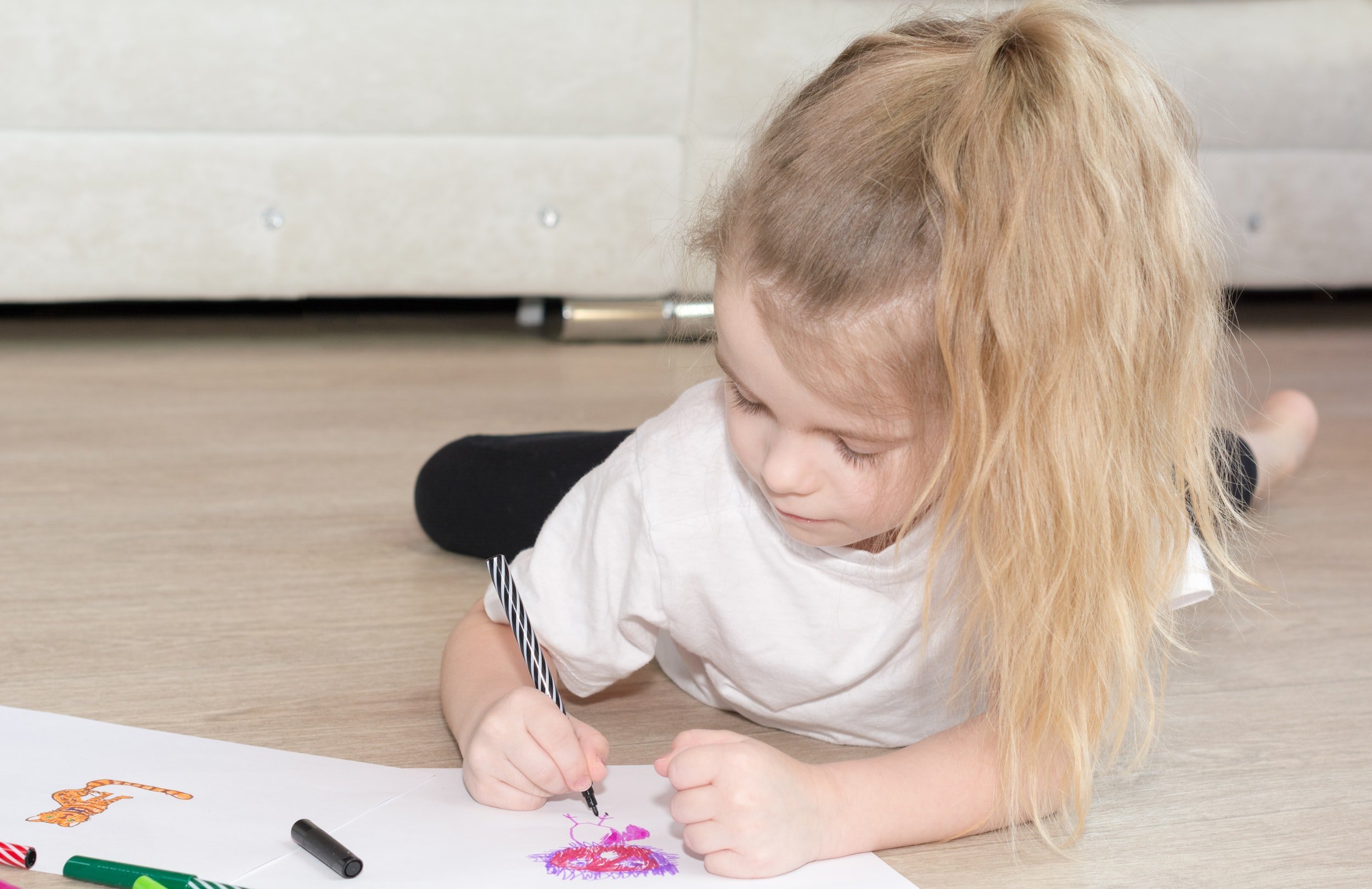
Speech-Language Therapy Services
Speech-Language Therapy Services in Lawrenceville, GA
Speech and Language therapy addresses a wide variety of areas throughout a child’s development. From pre-language communication to fine tuning social skills, speech and language therapy can address issues impacting your child at any point in their development. To better understand what Speech and Language are, consider them as two separate boxes. One box is for Speech and one is for Language. Both boxes are filled with several items, all of which are equally important to the growth and development of your child’s overall communication skills.
Let’s take a look at “Speech” first…. Inside the Speech box you will find:
Articulation
Which is better known as sounds and is how you say sounds and how clearly you speak. A child can incorrectly produce sounds by substituting the incorrect sound, omitting sounds, or distorting how sounds are produced.
Phonemic Awareness
This area is impacted by articulation and how your child “hears” the sound versus what the sound is. It is important for your child to develop good sound/letter relationship skills for pre-reading and writing skills.
Oral Motor
This is the ability to move your tongue, lips, jaw (mouth) to make different sounds. Issues with oral motor skills can be caused by weakness (low muscle tone), incoordination, or structural issues.
Fluency
Also known as stuttering is a disruption in the flow or prosody of speech. Some children may experience what is considered “developmental stuttering” during the ages of 3-5 years old. This is nothing to be concerned about and the child should grow out of this by the age of 6. If you are still concerned about the severity of the stuttering or the presence of other co-occurring behaviors, it is recommended that your child be evaluated.
Make an appointment with our Therapists
Next, let’s look at “Language”....Inside the Language box you will find:
What it is not is what most people think of when they hear language- as in Spanish, English, French, etc. No matter what language you are speaking in you are using language! It actually encompasses the following elements:
Vocabulary
These are the words that you use, how you describe things, define things, label things, and grow your knowledge about the world around you.
Grammar/Syntax
This is how you put words together- the use of articles, prepositions, correct word order, tense agreement in both verbal and written format.
Processing
This is how you understand what is being said to you- following verbal or written directions, understanding the sequence and order of events, being able to hear a question and provide a response.
Pragmatics/Social Skills
This is how you use your words to communicate and respond in social situations-being able to initiate conversations, responding in a back and forth manner and talking about a range of topics (both preferred and not preferred)

Think about the impact
Does your child struggle with a speech or language issue?
◉ Confidence in speaking to others
◉ Being understood by others (especially people that are not familiar with you)
◉ Developing reading and writing skills
◉ Becoming an effective communicator
◉ The ability to understand and follow directions in different environments (home, school, public)
◉ The ability to use language to interact with others socially- making and keeping friends
◉ The ability to grow knowledge and build vocabulary
Your child may be a good candidate for a Speech-Language evaluation if you answer YES to one or more of these questions:
Does your child have difficulty being understood by you or others, especially less familiar people?
Does your child seem to use less words to communicate than gestures?
Does your child struggle with following verbal directions at home or in the classroom setting?
Does your child have difficulty talking to other children in social situations?
Does your child have disruptions in the flow of their speech or unusual speech patterns?